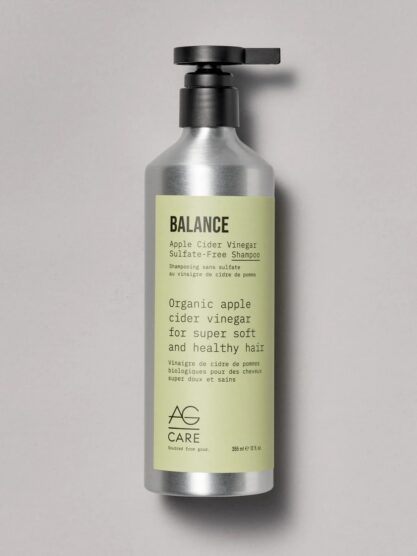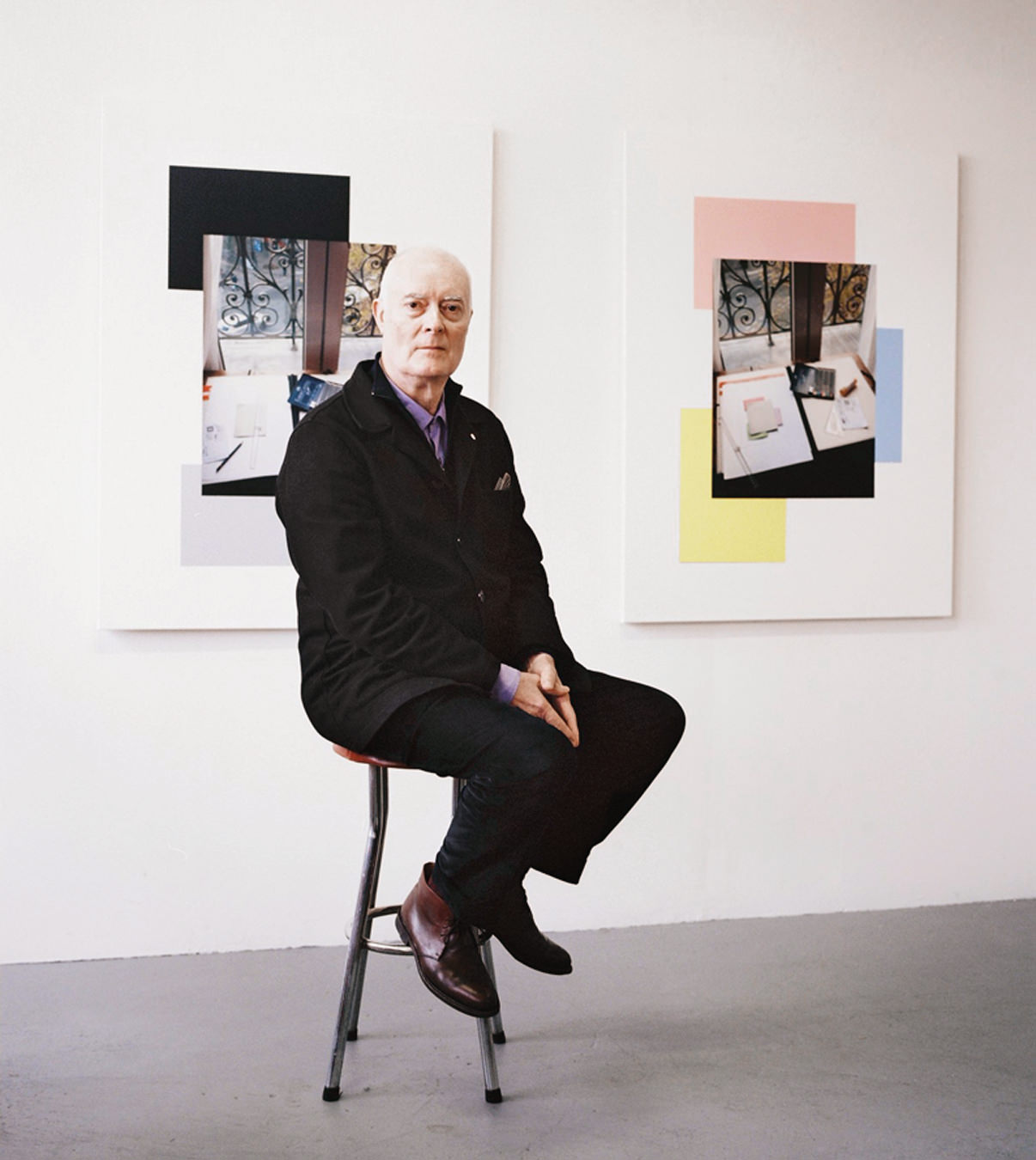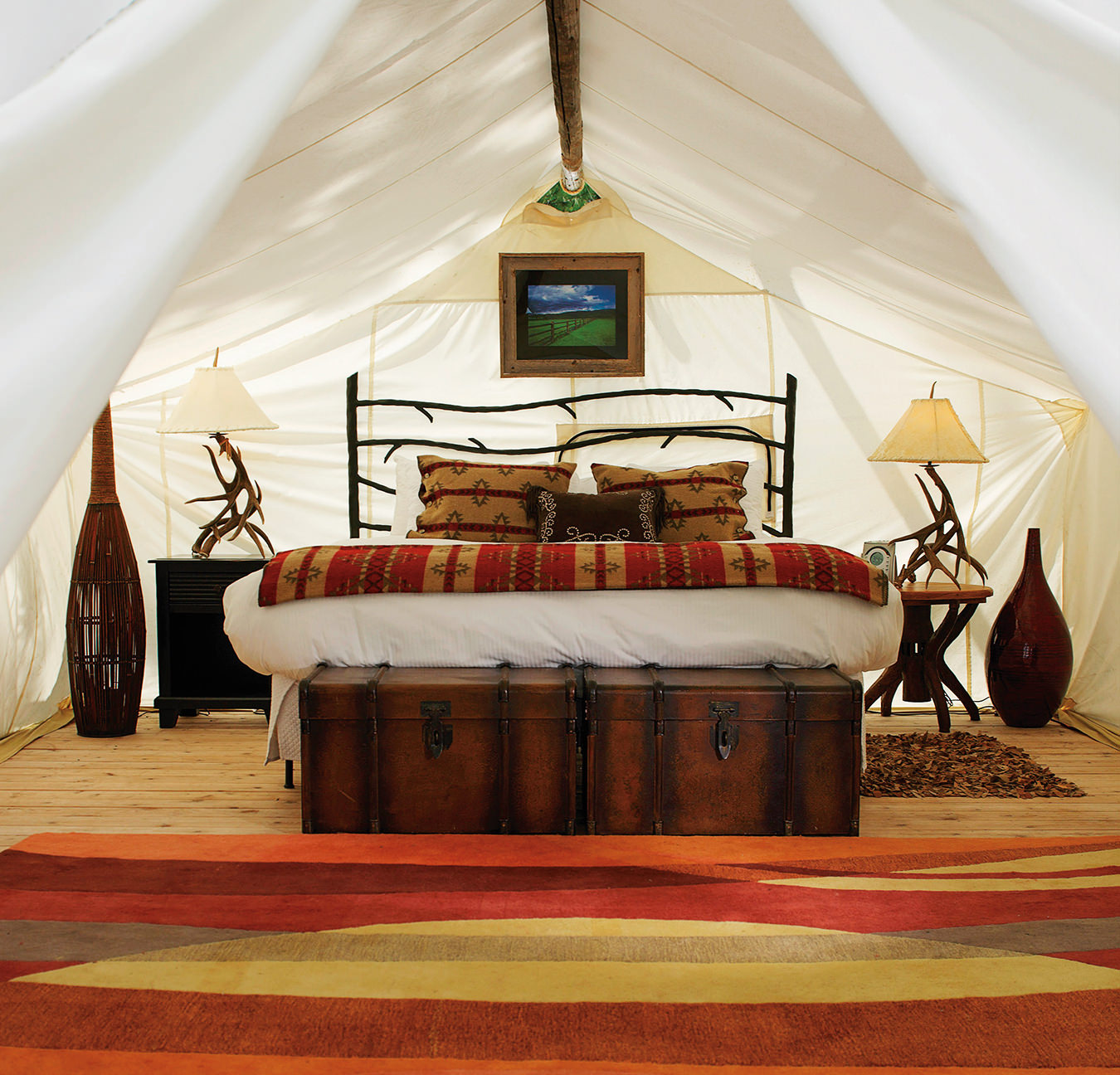How Hair Products Are Getting Cleaner and More Minimal
A few years ago, beauty writers were all talking about the “skinification” of hair—the idea that we should all be adopting a regimen of multiple high-tech haircare products, from prewashes and exfoliants to serums and polishes. It was a sort of spinoff from the ultracomplex Korean skin-care regimen, which called for 10 steps. Welcome to the backlash: fewer products with fewer, better ingredients and a lot more clarity about what’s actually in them.
“Clean, lighter, more natural, and ready to wear are key words,” says Benjamin Raine, owner of John Steinberg & Associates hair salon in Toronto. “In styling, we’re using lighter things like leave-in conditioner and focusing on getting the hair healthy. I want it so when you walk out of the salon, it’s as natural as possible. You can make a big difference with just one product.”
He’s brought this stripped-back approach right across the salon in terms of what the team uses. “We have one mousse, because it’s the best mousse. One hairspray. Collectively we’ve narrowed it down. Everything on our shelves, there’s one of, and they’re not all from the same brand. It’s our curated list of the best.” He also advocates washing your hair less frequently—certainly not shampooing twice, unless you have actual dirt on your hair. “You can rinse and condition rather than wash and condition—add an extra day between shampoos, and you might notice for a week and then everything will stabilize.”
Beauty brands are also reducing the number of products they make so customers aren’t overwhelmed by choice. “Since day one, we’ve been focused on only launching products that are actually better and better for you,” says Dianna Cohen, founder of Crown Affair. “There’s certainly plenty of stuff in the world, so it simply wouldn’t be responsible to create more of it if we weren’t making improvements for our customers and our planet. We focus on creating fewer, higher-quality formulas that our customers can’t wait to use, because they’re delightful and because they work.”
___
Raine says he’s also increasingly motivated to find products that use clean ingredients. “We all eat so clean, so it should be the same for our hair,” he says, explaining that this is part of the reason he’s adopting this more streamlined approach.
He’s also acutely aware that as a hair professional, he’s even more exposed to ingredients than most people. He’s a long-term fan of Pureology, one of the early brands to create vegan and zero-sulfate formulations. More recently, he’s discovered Number 4 High Performance Hair Care, which was established by former hairstylist and hair industry veteran Toni Wells.
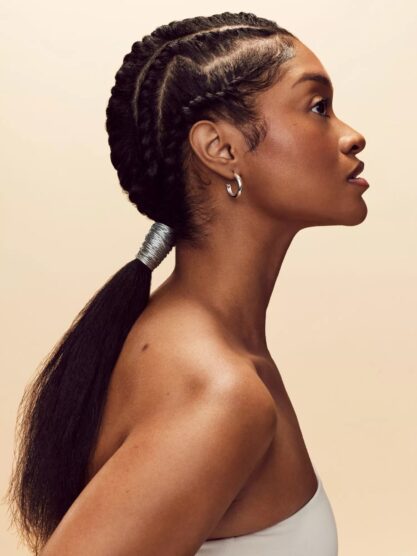
Fenty Hair
She recalls her early days in the profession in 1973. “Back in the day, you would read the back of a label, and it would say, you know, may also contain sodium chloride, which is basically table salt,” she says. “It was a way of thickening shampoo so it wasn’t so runny, because shampoo is primarily water.” It also had the effect of drying out hair and making it brittle. Eventually it was replaced by animal proteins, and these days, since many customers want plant-based, vegan products, vegetable proteins. “It’s the same thing with sulfate-free,” she says. “Sulfate bases used to be what gave everybody all this tremendous lather, but we’re learning that lather isn’t necessarily good, so [in Number 4] we use different cleansing systems that have surfactants in them that aren’t sulfate-based.” A big feature for Number 4 is that everything is gluten free. “One lady sent me a personal note saying ‘My five-year-old has terrible celiac disease and her skin is terrible, but since we’ve been using your product, she doesn’t cry anymore when I have to give her her shower.’”
Ingredients like parabens (a type of preservative) have gone by the wayside for many brands because customers believe they’re harmful, though hairstylist Nicole Pidherny says it’s not as simple as that. “Sulfates and parabens have such a bad reputation, but there are completely safe ones that help clean the hair and preserve your products to make them safer and won’t cause damage,” she says.
Silicones are another ingredient that’s often maligned, but she says, “When it comes to silicones, as long as they are water-based, which most in pro hair care are, they are completely safe and actually beneficial to use.” Her perspective? Talk to your hairdresser. “Customers are coming armed with a lot of information, and it is our job to filter and educate them on the specifics,” she says. “We have alternate options for clients who want to avoid certain products, however my main goal is to educate clients on what exactly is in these products and the benefits of using certain ingredients in the hair to cleanse, treat, and health the hair.”
Here, we’ve listed 10 clean and minimal products to try.
AG Care Balance Shampoo
This 98 per cent plant-based vegan cleanser comes from the brand’s Plant Based Essentials collection, which also includes conditioner and styling products, and is suitable for any hair type. In the mix: organic apple cider vinegar and argan oil to remove product buildup from scalp and hair—argan oil also adds shine. Since the Vancouver-based brand focuses on being clean for the planet as well as the body, you can purchase the shampoo in one-litre refill pouches that use less plastic and take less energy to produce than bottles.
___
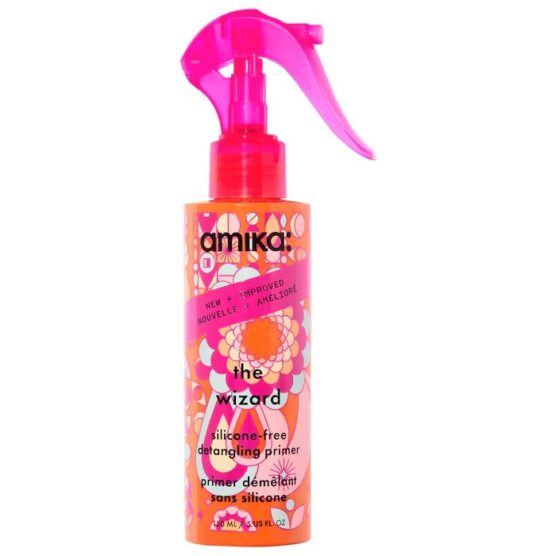
Amika The Wizard Detangling Primer
It’s described as a hair primer (hello, skinification), but essentially this is a leave-in conditioner and heat protectant spray. It’s free from parabens, formaldehydes, SLS, and SLES sulfates and contains moisturizing squalane and vitamin-rich sea buckthorn.
___
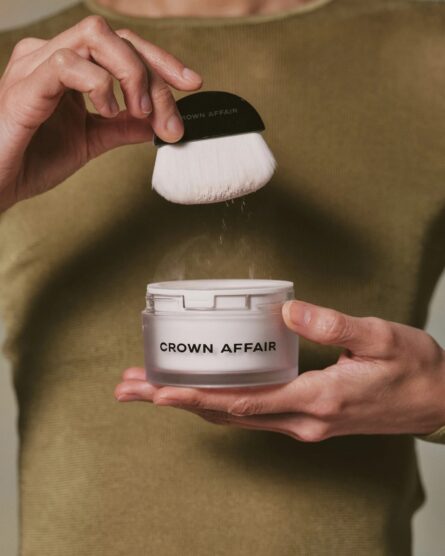
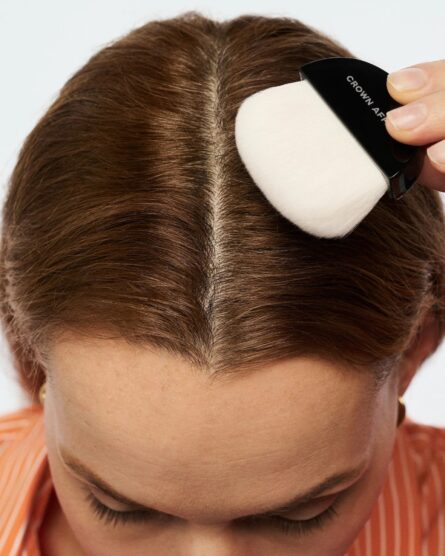
Crown Affair The Dry Shampoo
Unlike most dry shampoos that come in an aerosol can, this is packaged like a face powder, complete with a kabuki brush. It’s made from persimmon powder and tapioca starch that absorb oil from the scalp without leaving any residue, and it also adds body and volume.
___
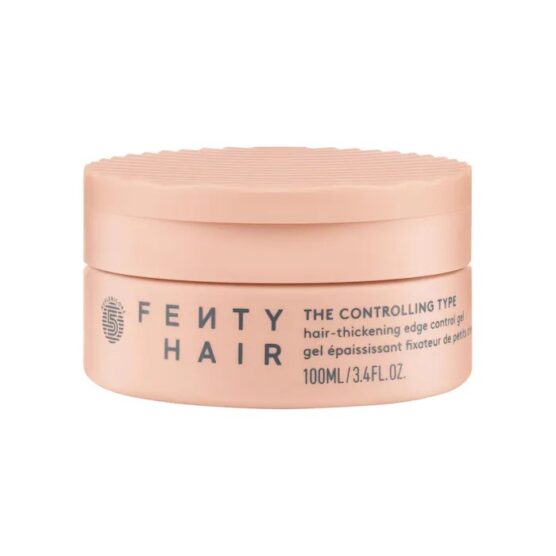
Fenty Hair The Controlling Type
This high-hold hair gel is great for slicking back ponytails, taming flyaways, and smoothing down edges on curly and coily hair. It’s vegan, gluten-free, and cruelty free, has no parabens, SLS, and the like, and includes ingredients like amino acids and antioxidants. Unlike some gels, it doesn’t flake, leave buildup, or dry out your hair.
___
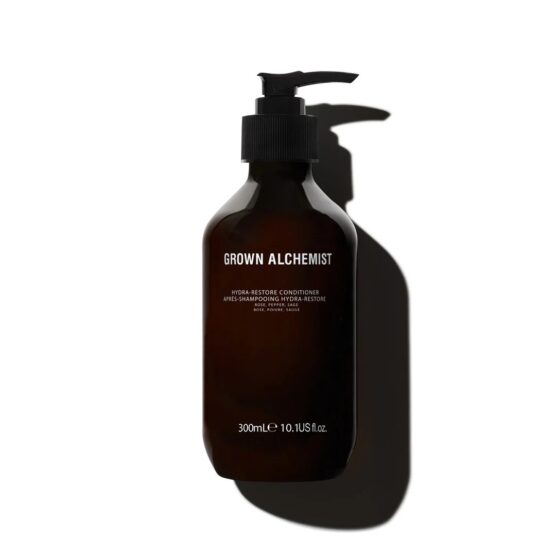
Grown Alchemist Hydra-Restore Conditioner
Vegan as well as sulfate- and silicone-free, this conditioner has moisturizing hyaluronic acid, betaine for scalp health, panthenol for repairing, and sweet almond oil for conditioning. Its scent is an uplifting combination of sage, rose, and lavender.
___
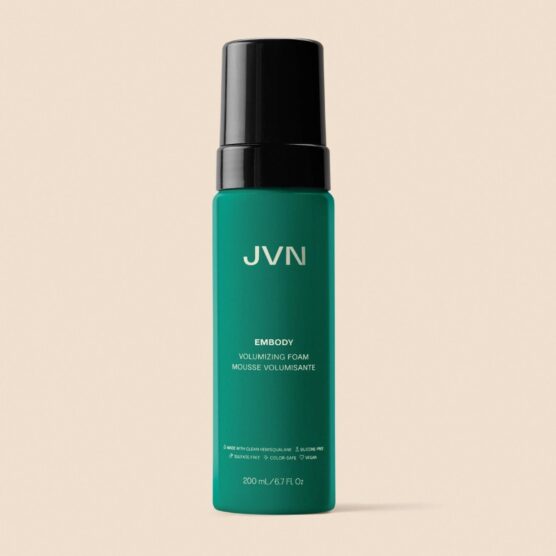
JVN Embody Volumizing Foam
This nonaerosol mousse has proteins and vitamins to give volume and body, sans weight, stickiness, or crunch. Apply to damp hair and comb through, then heat style for maximum effect.
___
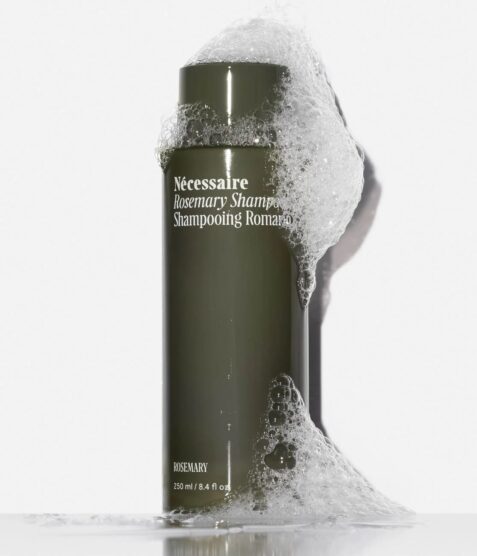
Nécessaire Rosemary Shampoo
An Allure Best of Beauty 2024 Clean Winner, it contains rosemary oil and plant proteins to minimize hair breakage, plus ceramides to restore the scalp’s barrier layer. It’s certified vegan, cruelty-free, and climate neutral, and the B Corp brand’s motto is “We Design the Necessary”—so don’t expect Nécessaire to add dozens of additional products to its hair-care range.
___
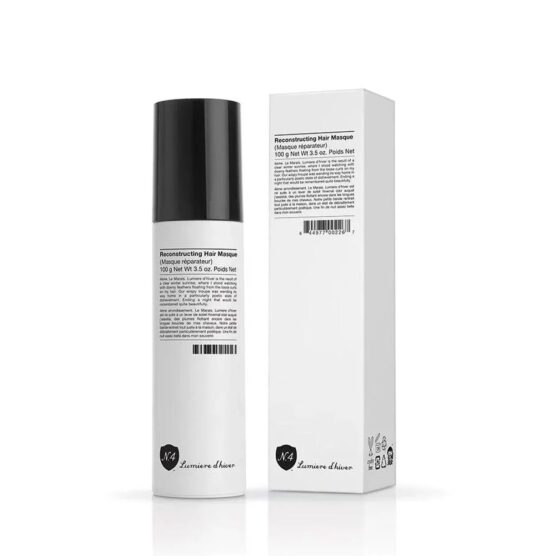
Number 4 High Performance Hair Care Reconstructing Hair Masque
For deep treatment, this colour-protecting mask has soy proteins and vitamin B5 to nourish hair, and it is vegan and gluten- and paraben-free. Use it a couple of times a week in place of conditioner, then rinse.
___
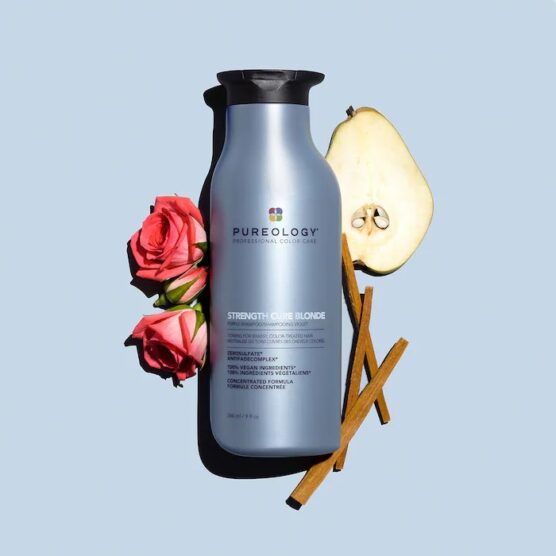
Pureology Strength Cure Blonde Shampoo
Get a rich lather but no sulfates or parabens in this shampoo, which is so concentrated that there are more than 75 uses in one bottle. It contains astaxanthin, a powerful antioxidant, and the violet tint, which removes brassy tones from blond, grey, and white hair, is made from purple orchid.
___
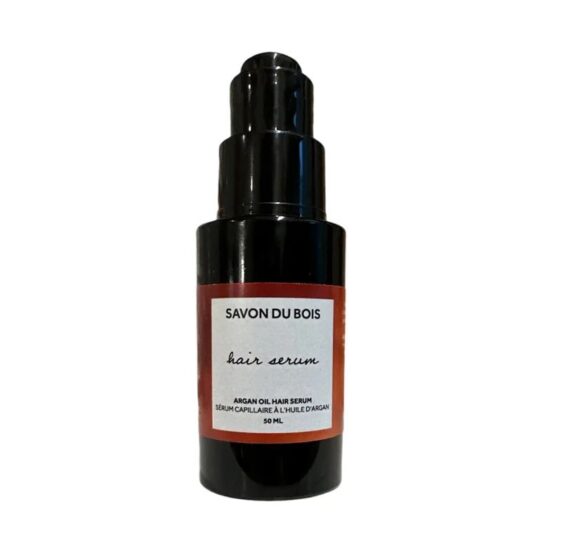
Savon Du Bois Hair Serum
A mix of oils including almond, apricot kernel, argan, and jojoba, plus essential oils, this can be applied from root to tips to nourish the scalp and moisturize dry hair.

